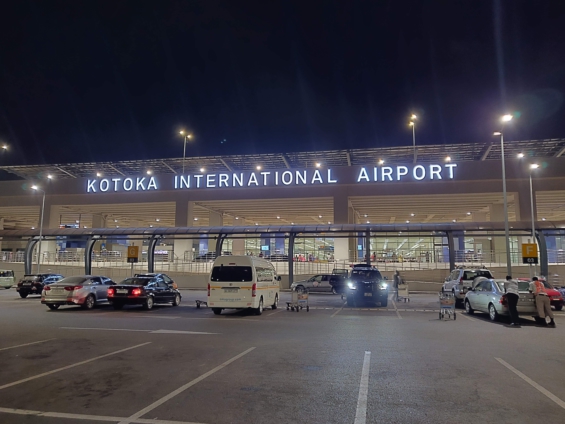ANC Suspends Former President Jacob Zuma
South Africa’s African National Congress (ANC) has taken the decision to suspend former President Jacob Zuma from the party, a move anticipated after Zuma's vocal support for another party in the upcoming general election.
In a statement on Monday, ANC Secretary-General Fikile Mbalula conveyed that individuals whose actions are at variance with the party's core values will be distanced from the African National Congress. This decision, widely expected, reflects the party's stance on maintaining discipline and alignment with its overarching principles.
READ ALSO: Former Pakistani Prime Minister and Wife Sentenced to 14 Years in Jail for Corruption
The Emergence of uMkhonto We Sizwe (MK) and ANC's Response
Zuma's decision to throw his support behind the new party, uMkhonto We Sizwe (MK), named after the ANC’s historic armed wing during the anti-apartheid struggle, has prompted a strong response from the ANC. Mbalula highlighted that in addition to suspending Zuma, the party may pursue legal avenues to challenge the new party's registration and seek to reclaim the historical name through trademark litigation.
Mbalula emphasized the deliberate nature of the MK party's formation, interpreting it as an attempt to appropriate the resolute history of the anti-apartheid armed struggle to bolster what is perceived as a fundamentally counterrevolutionary agenda, as expressed after discussions with the party’s National Executive Committee, which included President Cyril Ramaphosa.
In response to the suspension, reports indicate that Zuma has been given 48 hours to address the situation, setting the stage for potentially significant developments in the coming days.
READ ALSO: Mali, Burkina Faso, and Niger Withdraw from ECOWAS
In a statement on Monday, ANC Secretary-General Fikile Mbalula conveyed that individuals whose actions are at variance with the party's core values will be distanced from the African National Congress. This decision, widely expected, reflects the party's stance on maintaining discipline and alignment with its overarching principles.
READ ALSO: Former Pakistani Prime Minister and Wife Sentenced to 14 Years in Jail for Corruption
Implications and Context
The suspension of Zuma, who served as the fourth president of democratic South Africa from 2009 to 2018, carries substantial symbolic weight. Zuma's tenure was marked by controversy and allegations of corruption, ultimately leading to his departure from office. His alignment with a new party, uMkhonto We Sizwe (MK), has further strained his relationship with the ANC, a party he once led.
With the impending general election and the ANC’s anticipated loss of ground, the suspension underscores the prevailing disunity within the party, adding an additional layer of complexity to the electoral landscape.
The suspension of Zuma, who served as the fourth president of democratic South Africa from 2009 to 2018, carries substantial symbolic weight. Zuma's tenure was marked by controversy and allegations of corruption, ultimately leading to his departure from office. His alignment with a new party, uMkhonto We Sizwe (MK), has further strained his relationship with the ANC, a party he once led.
With the impending general election and the ANC’s anticipated loss of ground, the suspension underscores the prevailing disunity within the party, adding an additional layer of complexity to the electoral landscape.
The Emergence of uMkhonto We Sizwe (MK) and ANC's Response
Zuma's decision to throw his support behind the new party, uMkhonto We Sizwe (MK), named after the ANC’s historic armed wing during the anti-apartheid struggle, has prompted a strong response from the ANC. Mbalula highlighted that in addition to suspending Zuma, the party may pursue legal avenues to challenge the new party's registration and seek to reclaim the historical name through trademark litigation.
Mbalula emphasized the deliberate nature of the MK party's formation, interpreting it as an attempt to appropriate the resolute history of the anti-apartheid armed struggle to bolster what is perceived as a fundamentally counterrevolutionary agenda, as expressed after discussions with the party’s National Executive Committee, which included President Cyril Ramaphosa.
In response to the suspension, reports indicate that Zuma has been given 48 hours to address the situation, setting the stage for potentially significant developments in the coming days.
READ ALSO: Mali, Burkina Faso, and Niger Withdraw from ECOWAS





Comments
Post a Comment